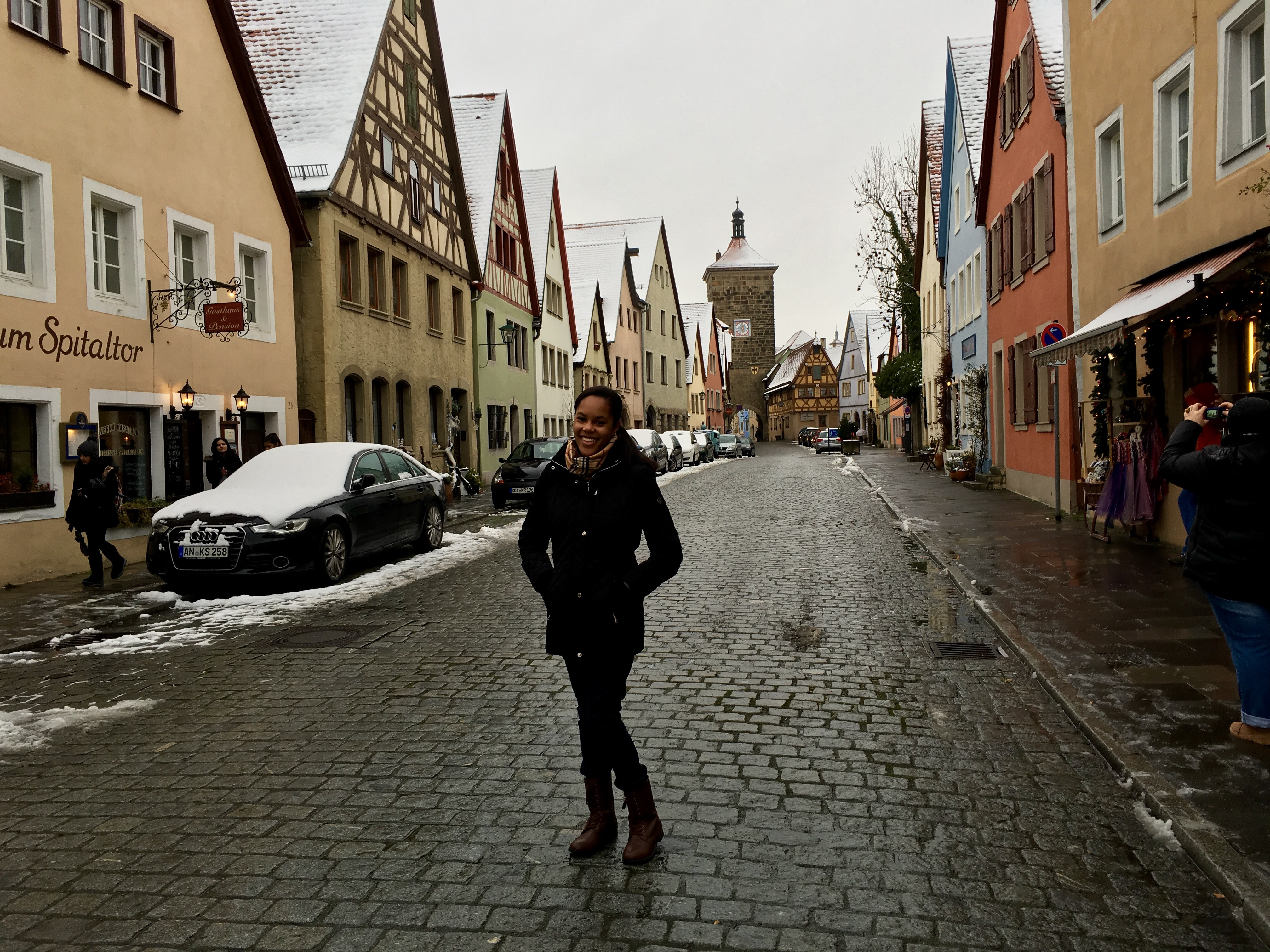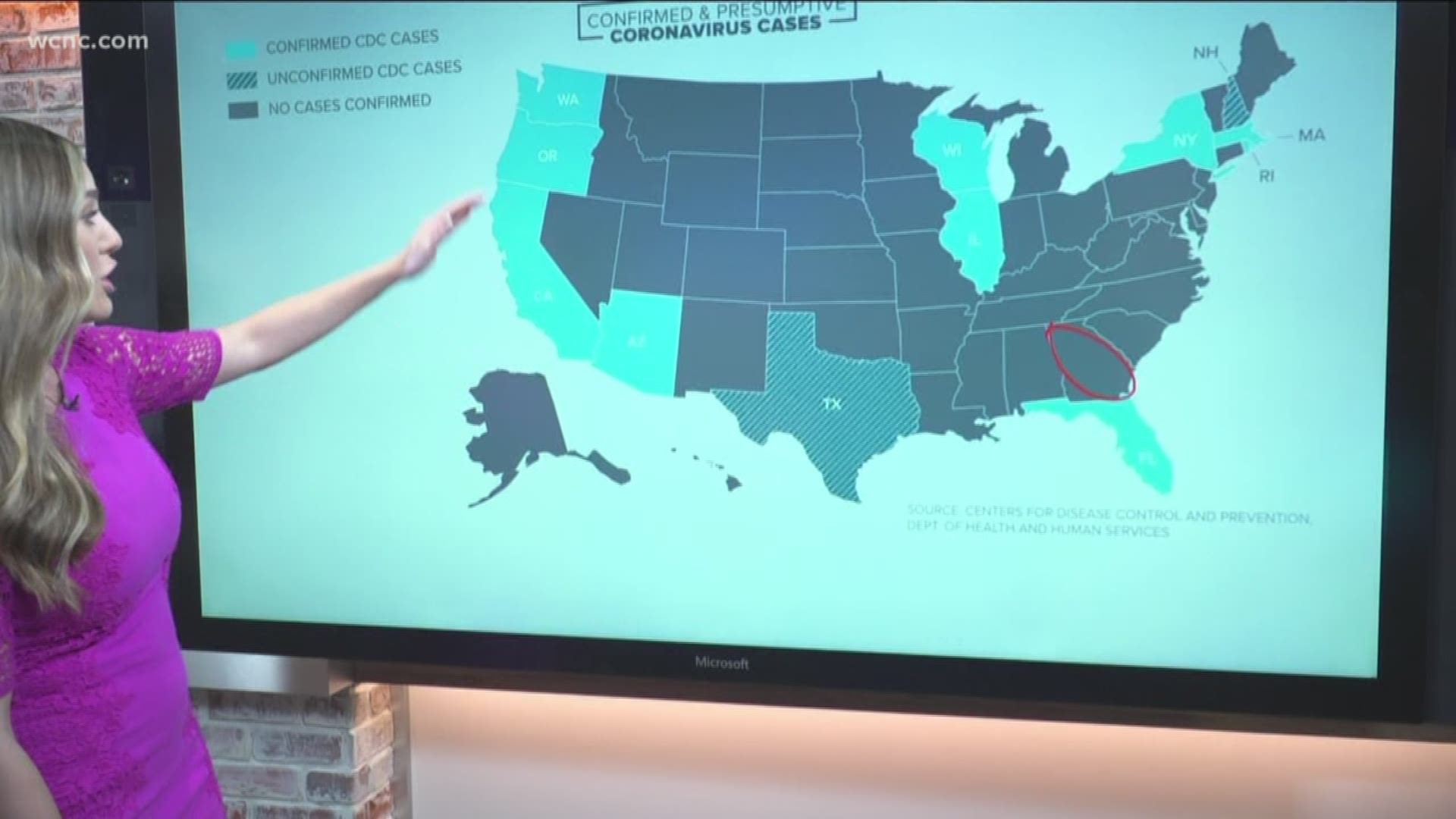Growing up, I thought of Europe as the most perfect place on earth. It was home to Paris’ Eiffel Tower, the Roman Colosseum and the British Royal Family. In my mind, nothing could go wrong there. After all, any place with princes and princesses must be magical, right?
Flash forward: It’s Jan. 2, 2016. I’m 18, vacationing in Europe over winter break, and I’m in Brussels. There, police officers cradle assault rifles as they patrol past chocolate shops. The nation is on high-alert following the November 2015 Islamic State plot in Paris in which over 130 people are killed in attacks at six sites in the city.
On Jan. 7, 2016, I’m in Paris on the one-year anniversary of the Charlie Hebdo massacre.
Two months later, eight terrorists who also claim to be part of the Islamic State, coordinate Belgium‘s deadliest attack, with a death toll of 32.
And now, at least 84 people are dead after a truck driver, believed to have ties to terrorists, drove into a crowd in Nice, France.
Europe is still gorgeous, but things have changed. A lot.
The idea of Europe as merely a sophisticated, jet-set destination is quickly fading. While it’s trendy to spend short breaks in London, to study abroad in Berlin or backpack with friends in Italy, the magical place of our childhood has become the worrisome backdrop of our young adulthood. Every time we turn on the news we’re faced with another tragedy and forced to face a new reality: the world is changing before our eyes.
After visiting Paris last winter, I penned a travel blog entry about the city’s beauty and resilience. Now, looking back on that entry, I’m crestfallen. I spoke of rising from the ashes and meeting love with hate. I had no clue that this was only the beginning. But Thursday night, I found myself glued to the TV yet again, watching the body count rise in another senseless tragedy. I don’t have the words to articulate my grief.
This summer, my mother was hesitant when I proposed the idea of applying for a service opportunity in Lebanon. She was so hesitant, in fact, that I ultimately did not apply. Had I asked if I could go to England or Germany or Austria, she probably would have said yes emphatically.
However, a quick glance at any news outlet makes it abundantly clear that Europe is far from untouchable. For college students from well-to-do backgrounds, like many of my peers at Duke University, Europe may be a rite of passage, but we can’t ignore the changes.
Semantic satiation is the psychological phenomenon in which a word begins to sound like gibberish upon repetition. This is true in every aspect of life. As tragedies bombard the news daily, our recovery time speeds up and the grieving period shortens. As a generation, we’ve become so used to tragedies that we change our profile pictures and move on.
This is incredibly dangerous. I was aghast when I woke up Friday morning to find many news outlets asking the same question: Is terrorism Europe’s the new normal?
No. Violence can never be normal. We cannot become desensitized.
In my travel blog, I invoked the sentiments of a father explaining the November Paris attacks to his young son.
“Eux, ils ont des pistolets, nous on a des fleurs.” They might have guns, but we have flowers.
The flowers of Europe have spent too much time on the ground at memorials, in front of headstones and in the hands of grieving mothers. The most succinct way I can put my emotions into words is with this French proverb:
Mieux vaut prévenir que guérir. It is better to prevent than to cure.
Jaime Gordon is a student at Duke University and a USA TODAY College correspondent.

![XXX JAIME_GORDON.JPG D FEA [image : 87157912]](http://www.gannett-cdn.com/media/2016/07/15/USATODAY/USATODAY/636042086300659356--Jaime-Gordon.JPG)

